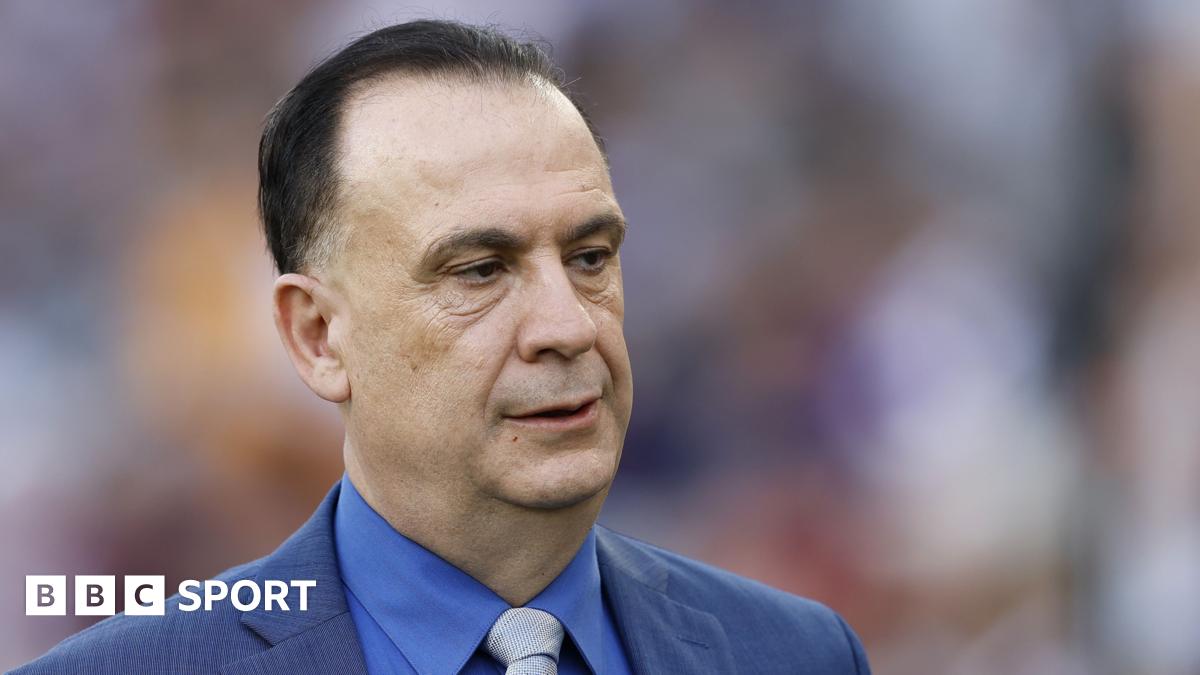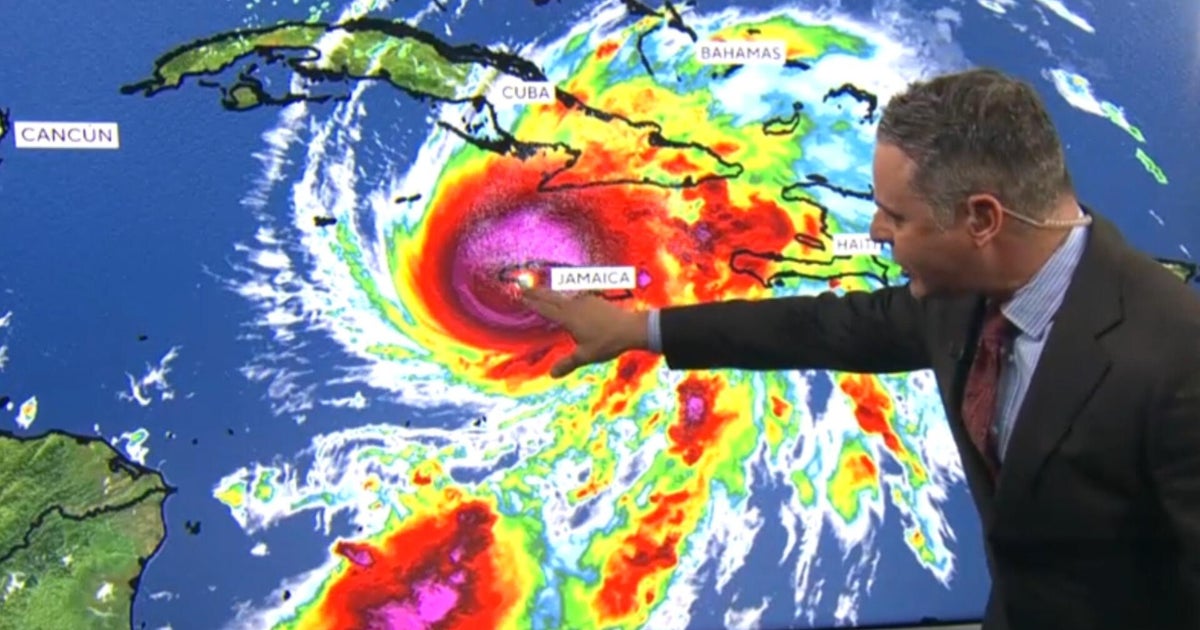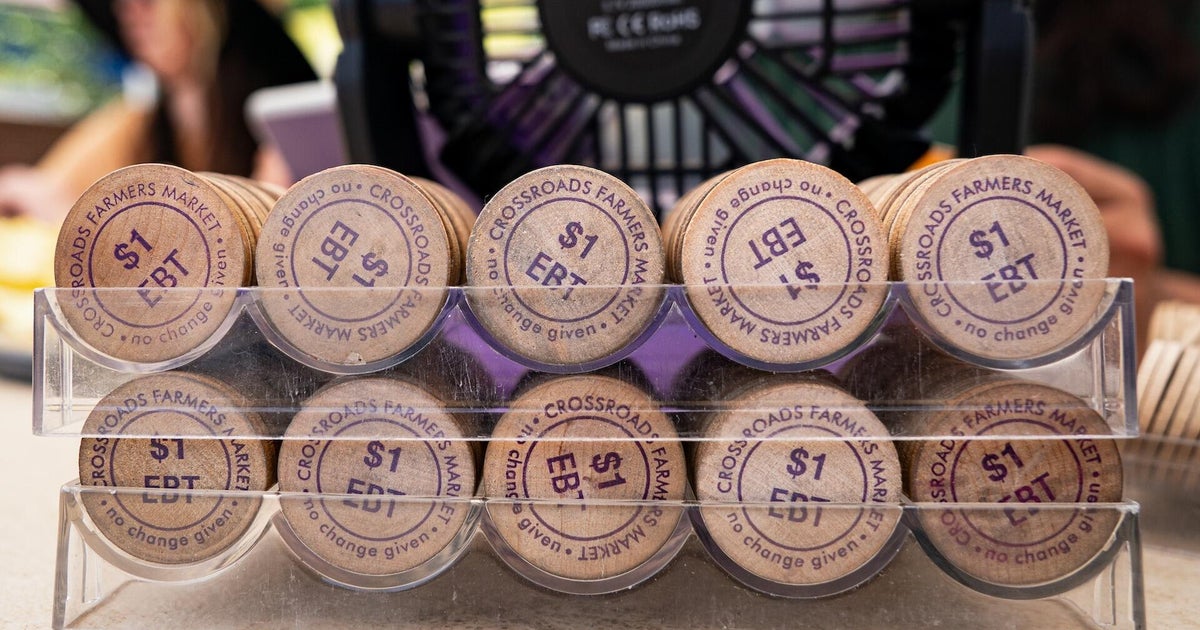‘We are the party of choice’: Liberals divided on voluntary assisted dying changes
Opposition Leader Mark Speakman has backed a Liberal MLC’s push to change voluntary assisted dying (VAD) laws, insisting it would be a reasonable compromise for aged care homes to move a terminally ill resident to another facility if they want to choose the timing of their death.
However, Uniting NSW.ACT, a faith-based operator of 71 aged care homes in NSW, says its approach to VAD is to “walk alongside our residents at end of life”, not seek their relocation, as two Liberal MPs argue their party should not be meddling with the laws.

NSW Liberal Leader Mark Speakman says he is in favour of proposed amendments to voluntary assisted dying laws. Credit: Janie Barrett
Liberal MLC Susan Carter has introduced a bill to parliament to amend VAD laws to allow residential aged care to “decline to facilitate the administration of voluntary assisted dying services in the same way, and subject to the same obligations to make alternative arrangements, as hospitals”.
Her bill has 12 co-sponsors, including fellow Liberals Anthony Roberts, Damien Tudehope, Chris Rath and Natasha Maclaren-Jones, plus Mark Latham and Shooters, Fishers and Farmers MPs Robert Borsak and Mark Banasiak.
Uniting NSW.ACT’s chief executive Tracey Burton said the organisation would never seek to prevent aged care residents from voluntary assisted dying “if that is their wish”.
Loading
“We must remember residential aged care homes are exactly that – people’s homes – and older people have the same rights as those in the wider community,” Burton said.
“We work to ensure that if someone we care for with a life limiting illness wishes to explore VAD as an option, the individual, their family and their carers will not be made to feel judged, abandoned or scared that their care will be adversely affected.”
Carter said her bill was not “a handbrake on accessing euthanasia”, but would give aged care facilities the “freedom and that choice that they do not have at present”.
“The fact that this bill would align aged care facilities with hospitals should give everyone voting for this bill comfort,” Carter told parliament.
However, her upper house colleague, Liberal MLC Jacqui Munro, said voluntary assisted dying was a choice for the terminally ill and her party should respect that.
“Under the current model no one is being asked to administer anything they’re not comfortable with or that goes against their morals. They simply need to open the door,” Munro said.
“We are the party of choice, and we need to be steadfast in our commitment to that.”
Lower house Liberal MP Felicity Wilson is also opposed to Carter’s bill. Wilson was a co-sponsor of Sydney MP Alex Greenwich’s original bill, which was introduced to parliament in late 2021.
Speakman said Liberals would be given a conscience vote on Carter’s bill, describing it as an “extraordinarily difficult issue”.
Loading
“As I understand it, Ms Carter proposes to allow faith-based aged care facilities to decline to allow voluntary assisted dying on their premises, but not to allow them to obscure a resident’s choice to engage in VAD at another location,” Speakman said.
“No balancing of competing interests is going to be perfect, but it seems to me to be a fair respect for the freedom of conscience of those in involved in faith-based institutions on the one hand, and allowing those who choose to wish voluntary assisted dying to have that fulfilled.”
Under the current act, an aged care home “can choose not to participate in the provision of voluntary assisted dying services”. However, they must “not hinder a patient’s access to voluntary assisted dying”, according to NSW Health’s guidance for euthanasia.
Speakman said Carter’s changes would bring NSW in line with other states. However, a comparison of laws compiled by advocacy group Go Gentle shows this is not the case.
South Australia’s parliament was the first to recognise that residential aged care can be a person’s permanent home and that a provider’s attitude towards VAD should not prevent access to it because residents are “entitled to freedom and privacy in their own home, the same as anyone else”.
Laws in Queensland and NSW “reinforced this sentiment”, according to Go Gentle. Laws in both states stipulate that aged care providers must provide reasonable access to VAD for residents and must not hinder their access.
The Morning Edition newsletter is our guide to the day’s most important and interesting stories, analysis and insights. Sign up here.
Most Viewed in Politics
Loading


















































